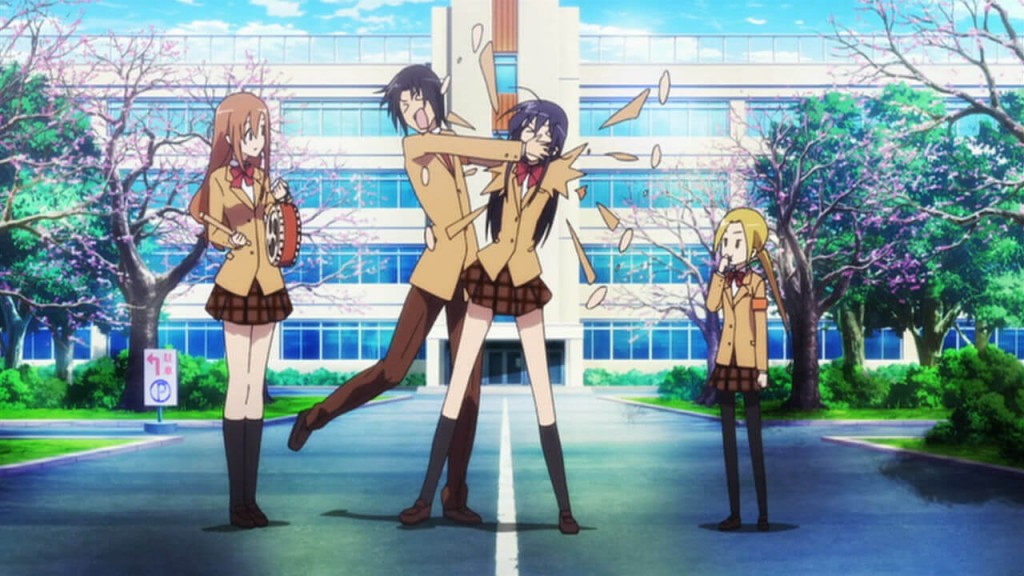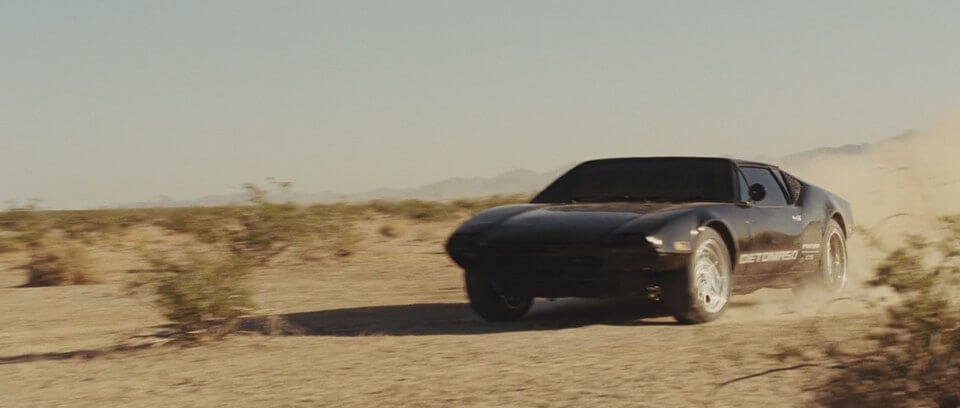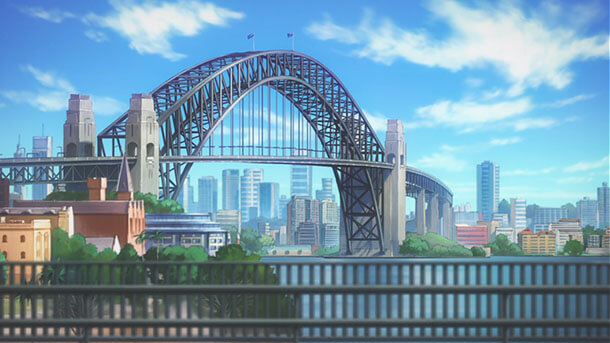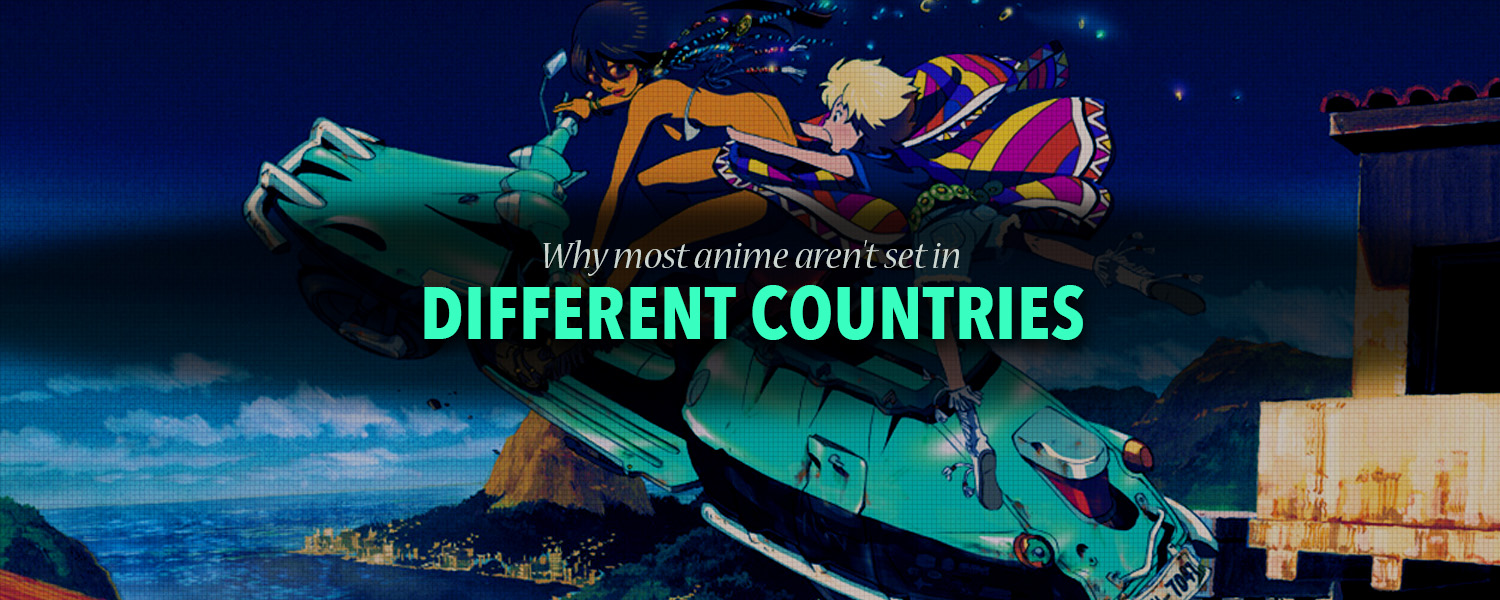Quick! Grab your favorite anime series of all time and take a look at where their stories happen. You probably see a vast majority of them set in one of the major cities of Japan, or in a fantastic world. But, how many shows have foreign countries as settings?

Not many, right? There are probably a few we all know about (Hellsing or Monster, to name a couple), but right now, you are probably wondering why this happens. To put it simple: authors write what they know, and we, as an audience, show interest in the things we don’t know much about.
We are all a little curious when a certain anime is set in our country. We might watch it just to see familiar places, while trying our hardest to spot any mistakes and possibly badmouth it on social media when we do find them. Not anime related, but I once saw an action movie supposedly set in my hometown, and it was the lamest cinematic experience I have ever been to. Ridiculous as in “a character is driving, takes a turn to the left, and comes out in a city that is on the other side of the country.”
To avoid these kind of cringe-worthy moments, most people refrain from writing stories about places they haven’t been to or haven’t researched a lot.

A huge part of what makes anime interesting to some people is actually the Japanese setting. We learn about a different culture, get to see different places (when said anime happens in the real world), and fully immerse ourselves in a totally different universe, accepting and understanding its rules and traditions. Even though school “clubs” are not common everywhere in the world, we never question their existence when watching the adventures of the members of the Iwatobi Swimming Club in Free!, for example. This happens so much, we often end up forgetting how things are outside of Japanese society if we see them in anime: even if the anime you’re watching is set in the United States, you’re probably expecting to see characters wearing Japanese uniforms in school.
Oh! Speaking of Free!, the main characters visit Australia during one of the last episodes of the second season to check out the country’s national swimming team. I can’t say if their portrayal of the country is accurate or not, but at least they got real English speakers to be the voice actors of the Australian characters.

Sure, if you dig deep enough, I’m sure you can find an anime set in each country of the world–or at least in the most famous ones–but it’s not a common thing to see. In anime and manga, most of the action happens in the same settings, and while it’s not unusual to see characters from different countries, we rarely see a big part of the story happen there. I’ve been asking around about it, and some answers really made me worry. No, this doesn’t happen because “the Japanese are close-minded and hate us.” I think there’s an important cultural component going on, yes, but it’s hardly a “hate” thing. To put it another way, if you were a writer, would you write poetry in haiku form? Most of us wouldn’t, and that’s not because we hate haikus or Japan itself, but because we lack the knowledge to do so in a good way. Because we respect foreign cultures, we are very careful when dealing with them. It would take time to investigate and learn about Scottish culture if you wanted to write a series set in Scotland, for example. We, as humans, tend to write about the things we are familiar with.

Of course, this isn’t an absolute rule. There are plenty of anime set in foreign countries, and somehow, England seems to be the go-to country when it comes to stories set on a real-life Earth, but outside of Japan. Strike Witches, Dantalian no Shoka, Hellsing, and many, many more, are set in England. Hellsing even managed to get the Queen of England to be part of the story.
There is a downside to this, of course. Often, characters from foreign countries are little more than walking stereotypes that offend a vast majority of people. From the overly polite English gentleman to the French painter eating a croissant, there’s a cliché for pretty much every nationality. I tend to take it with a grain of salt, but most people don’t take to them kindly.

Is there an anime set in your country? Did it match reality, or was it as sloppy as Brazil’s portrayal in Fast Five? Do you want anime set in different countries, or are you happy with things the way they are?

Featured Sponsor - JAST
The sweetest romance and the darkest corruption, the biggest titles and the indie darlings; for visual novels and eroge, there's nowhere better.
Big thank you to our supporters
From their continous support, we are able to pay our team for their time and hard work on the site.
We have a Thank-You page dedicated to those who help us continue the work that we’ve been doing.
See our thank you page





